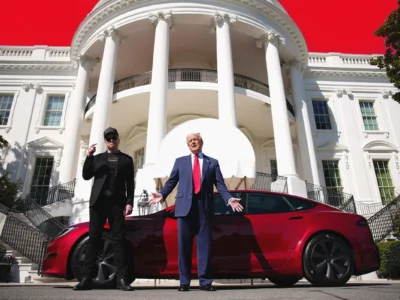Battle for the Senate: Florida
Failed presidential candidate Mark Rubio fights to keep his Senate seat in the Everglade State.
Anyone over 30 probably remembers Florida’s role in the 2000 election, when a few hundred votes (and five Supreme Court Justices) swung the election to Bush. Florida remains a swing state today. This race will be closely watched for that reason, as well as the strong contrasts between the candidates’ policy views.
Compared to most Senators, Mark Rubio has an unusually high national profile, beginning with his surprise path to his Senate seat against more experienced opponents. His parents came to the U.S. a few years before Castro took over. He went to community college and then to the University of Florida, finishing his education with a law degree from the University of Miami Law School. Unlike many of the other Republican candidates, he has no significant private sector experience. Rubio has a lifetime score from the League of Conservation Voters of 6%. His campaign website is oddly organized: environment and energy issues are under the “Ranchers and Farmers” and “Water” tabs, although many of the issues are broader. He proposed a national regulatory budget that would limit the total costs that regulations can impose on the economy, not matter how big their benefits are. His website makes his opposition to environmental regulation pretty clear:
“Marco is working to undo the Environmental Protection Agency’s Waters of the U.S. Rule, that will dramatically expand federal control over ponds, ditches and streams. Further, he is fighting President Obama’s carbon mandates and excessive application of the Endangered Species Act, which can, when misused, deem huge swathes of productive land off-limits for agriculture or other beneficial development.”
In short, Rubio’s low LCV rating is well-earned.
He faces Patrick Murphy. Murphy hails from the Florida Keys and was involved in the cleanup from the BP oil spill through his company, Coastal Environmental Services. He was considered a congressional moderate. Patrick is opposed to oil drilling on the East Coast or in the Everglades. He also contends that [g]Green technologies and advancements that create greater efficiency will be crucial to future growth, and it is in our national interest as we begin to extricate ourselves from reliance on foreign oil and fossil fuels.” According to his website, he “was named the 2014 Champion of the Everglades by Audubon Florida.” He’s a strong supporter of the Clean Power Plan and the Paris Agreement, with a lifetime LCV score of 88%. The LCV Action Fund endorses him.
Really, the LCV scores say it all: 88% (Murphy) versus 6% (Rubio).







Reader Comments